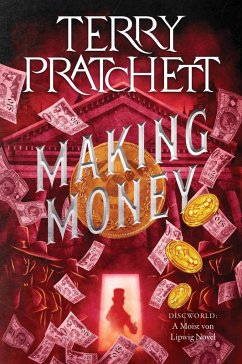
The Philanderer
Versandkostenfrei!
Versandfertig in 1-2 Wochen
12,99 €
inkl. MwSt.
Weitere Ausgaben:

PAYBACK Punkte
6 °P sammeln!
The Philanderer is a play by George Bernard Shaw. It was written in 1893 but the strict British censorship laws at the time meant that it was not produced on stage until 1902. Shaw wrote two endings for this play; the first ending, with divorce as its main theme, was discarded on the advice of a friend, the second ending resulting in a more conventional marriage. It is the latter that is usually performed or published, though the former is the more in keeping with Shaw's tendencies to criticize contemporary society.













